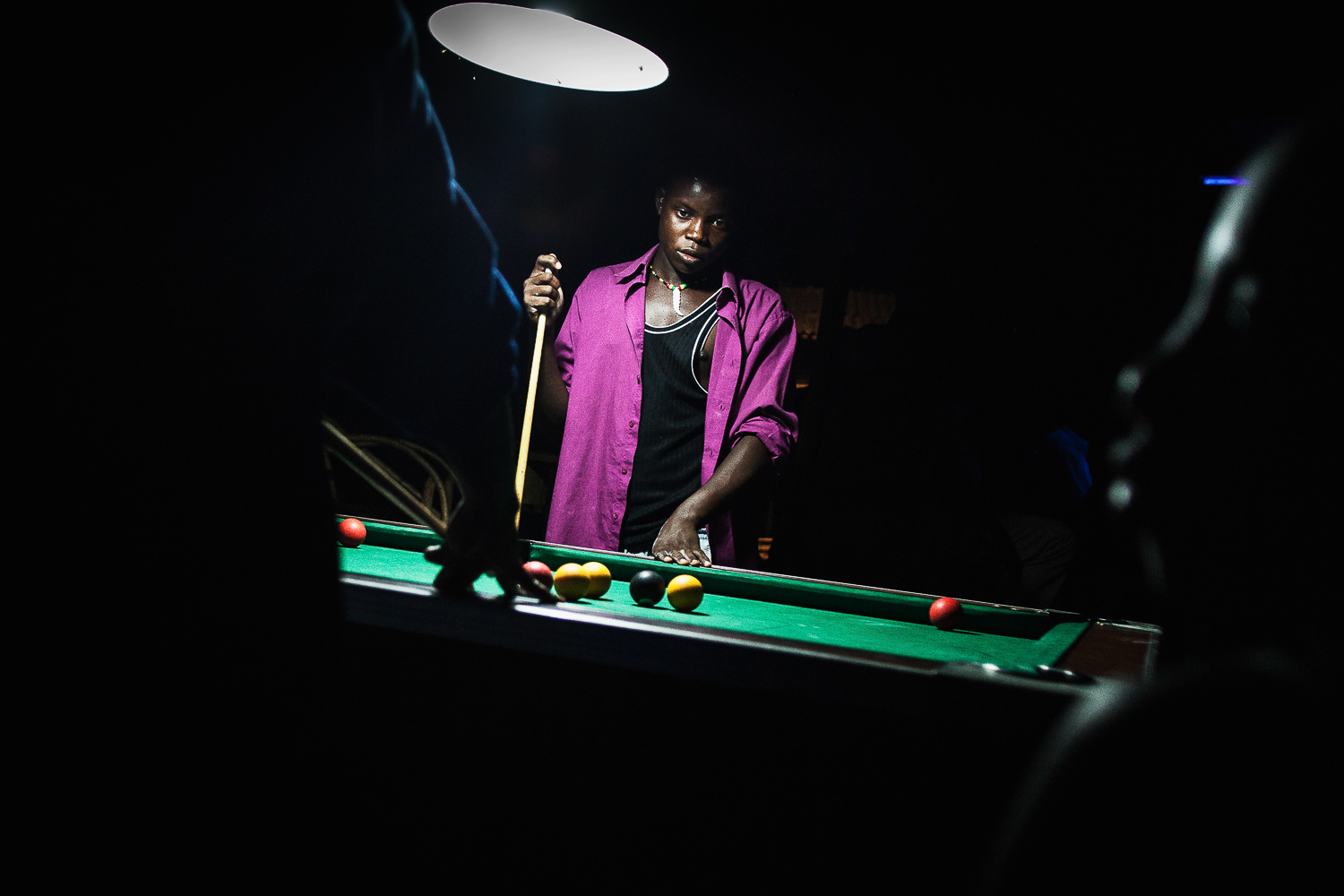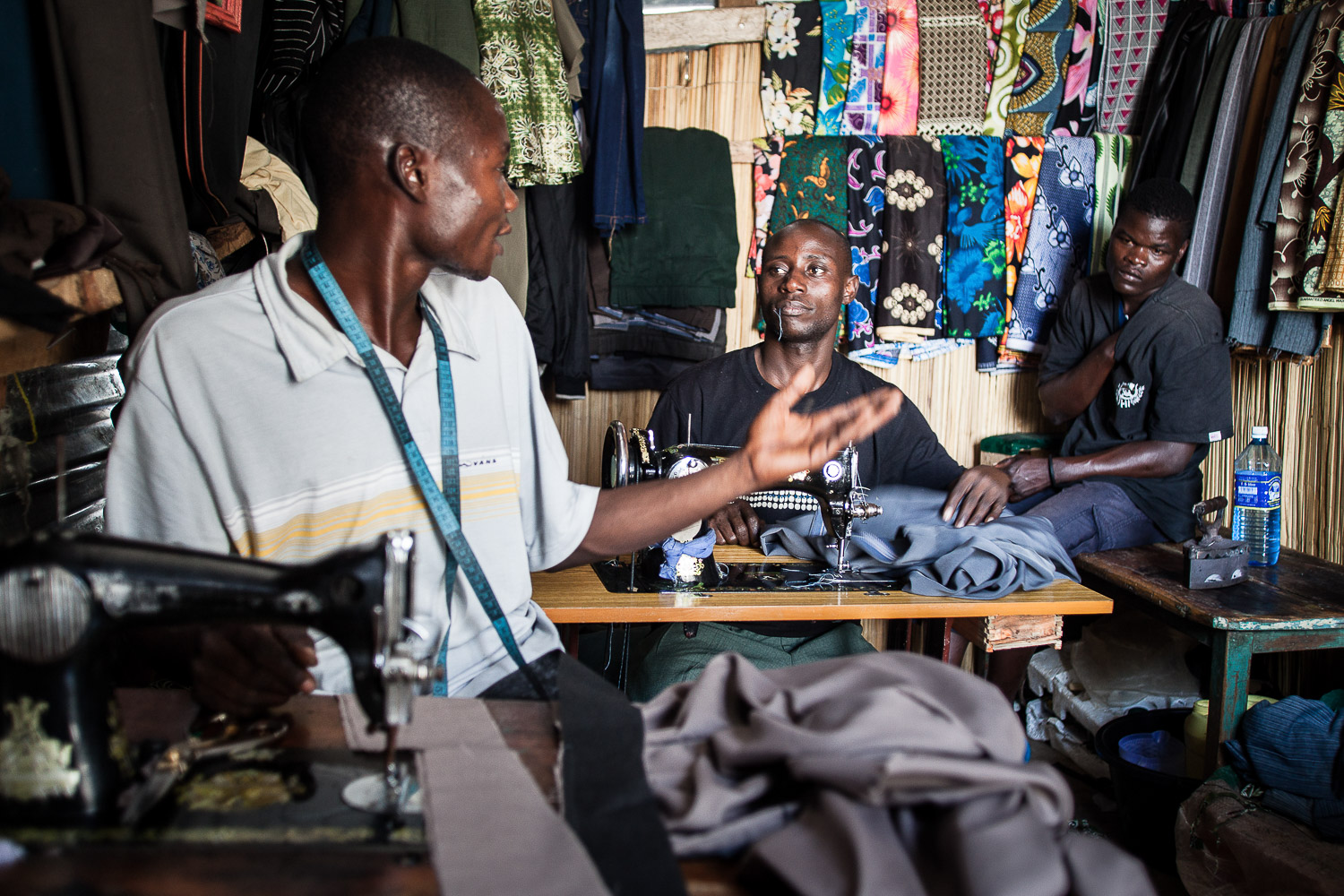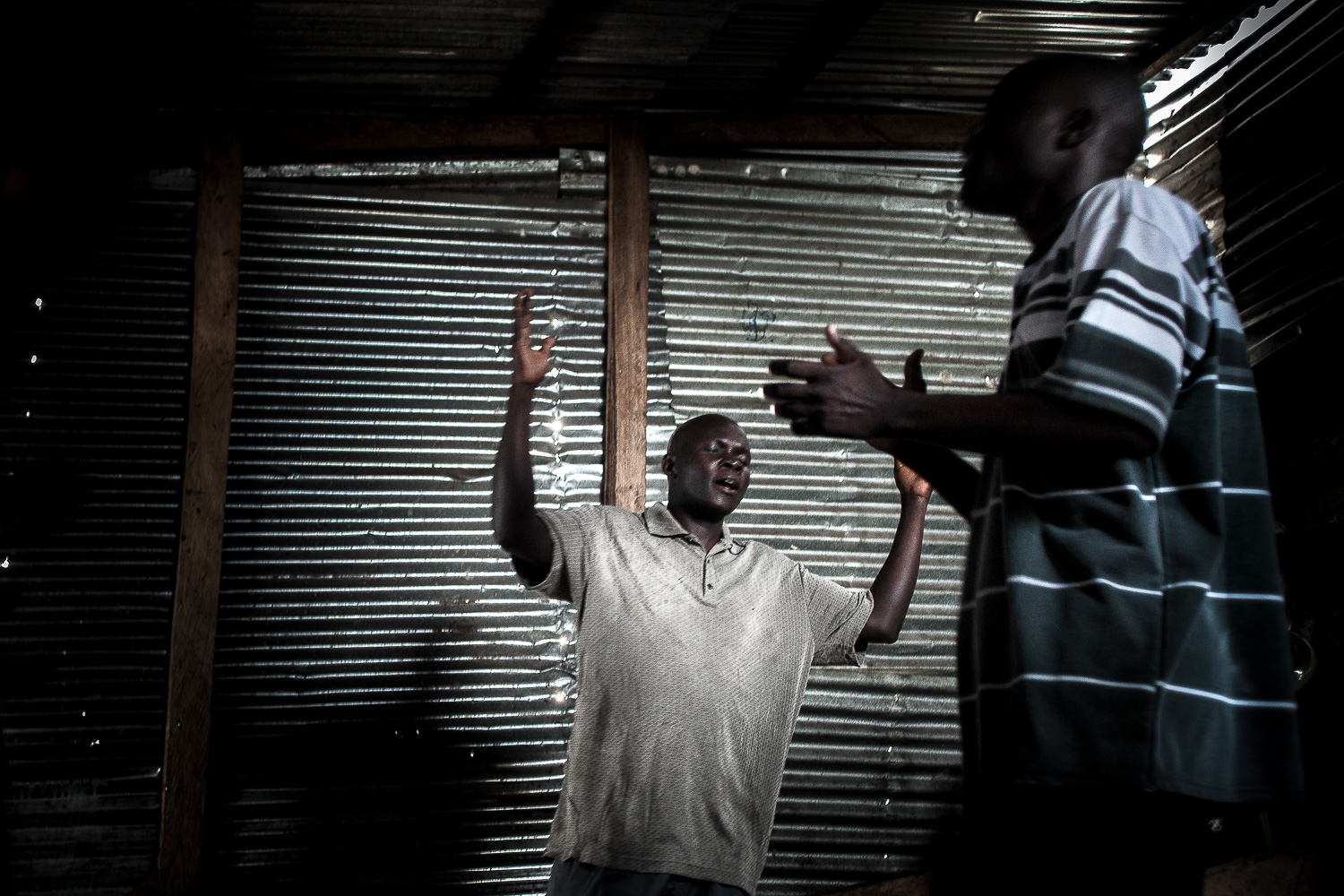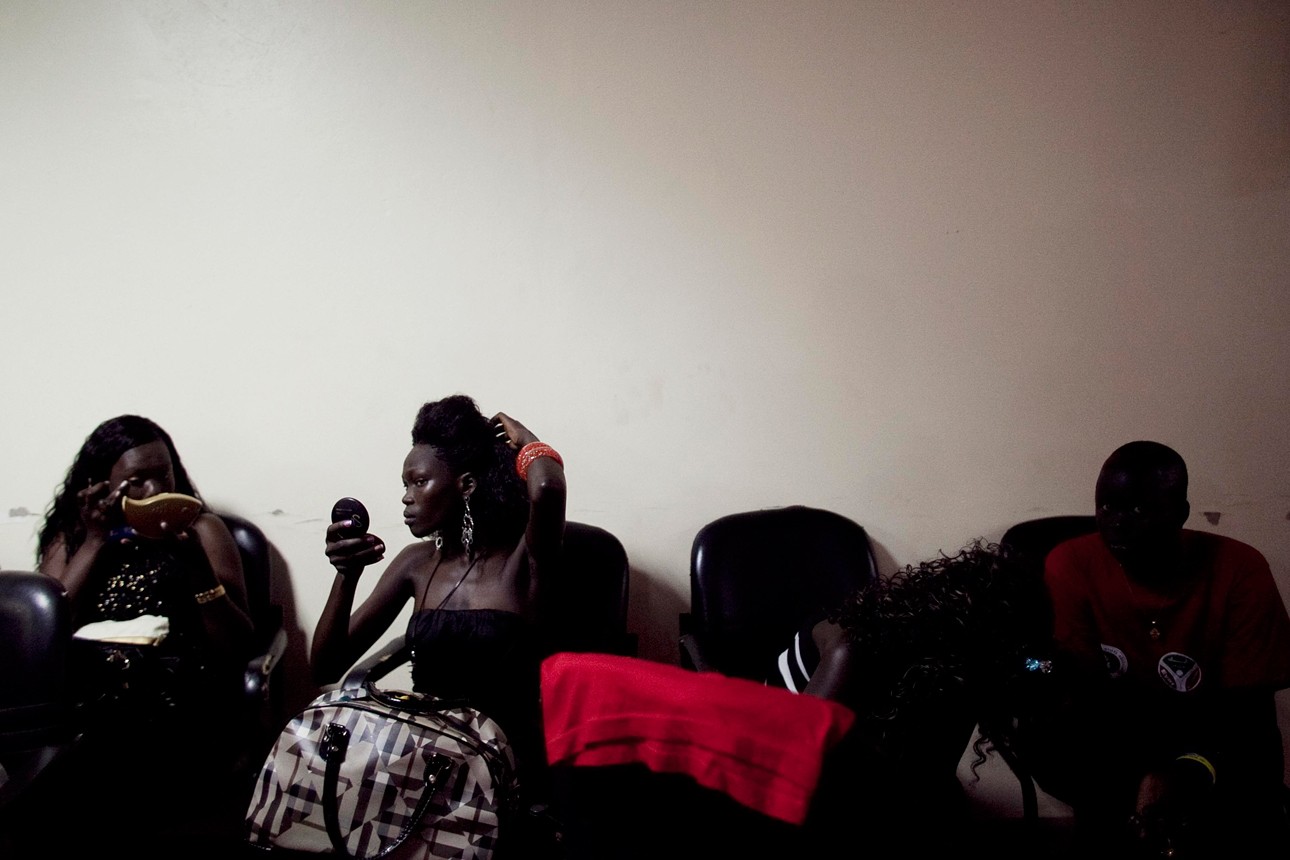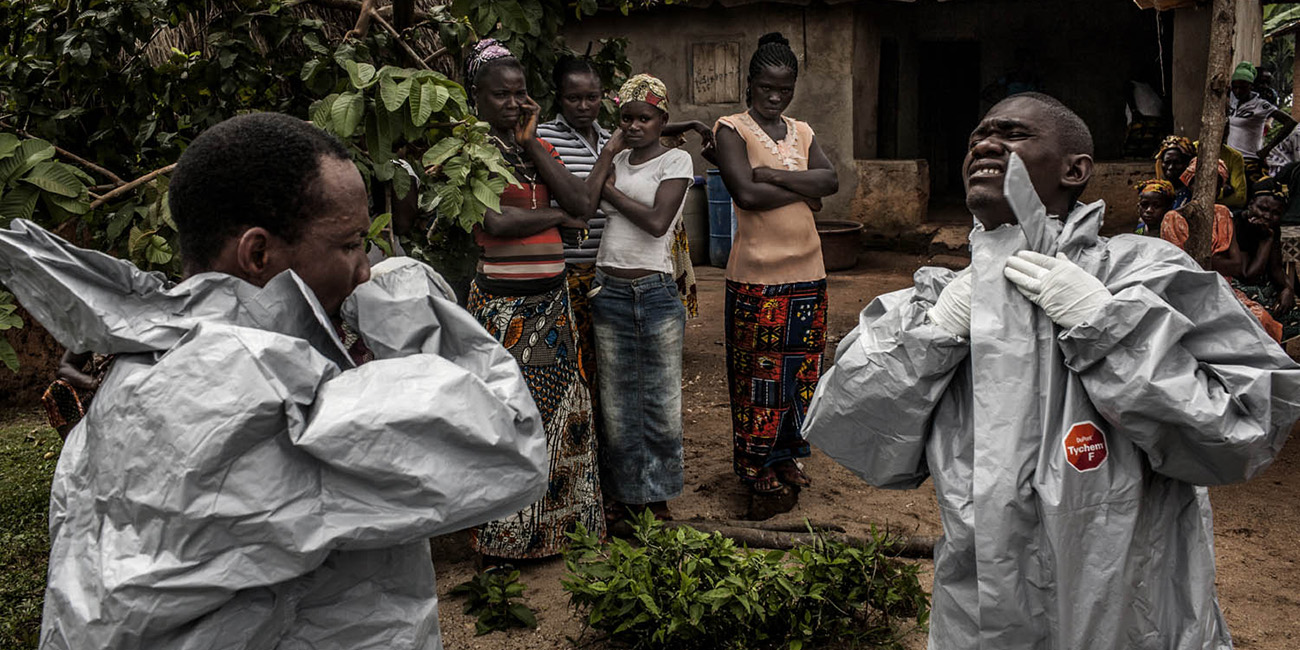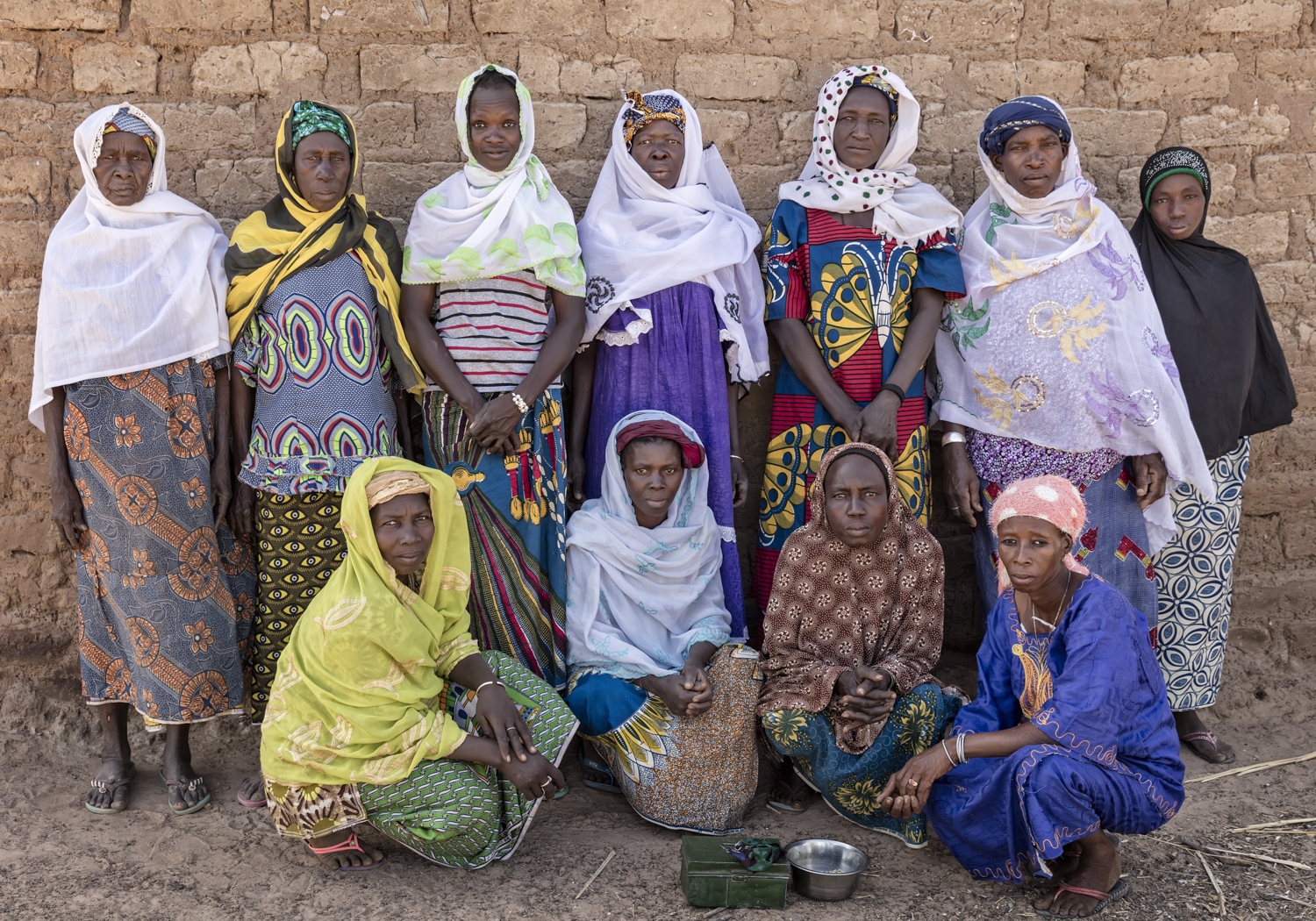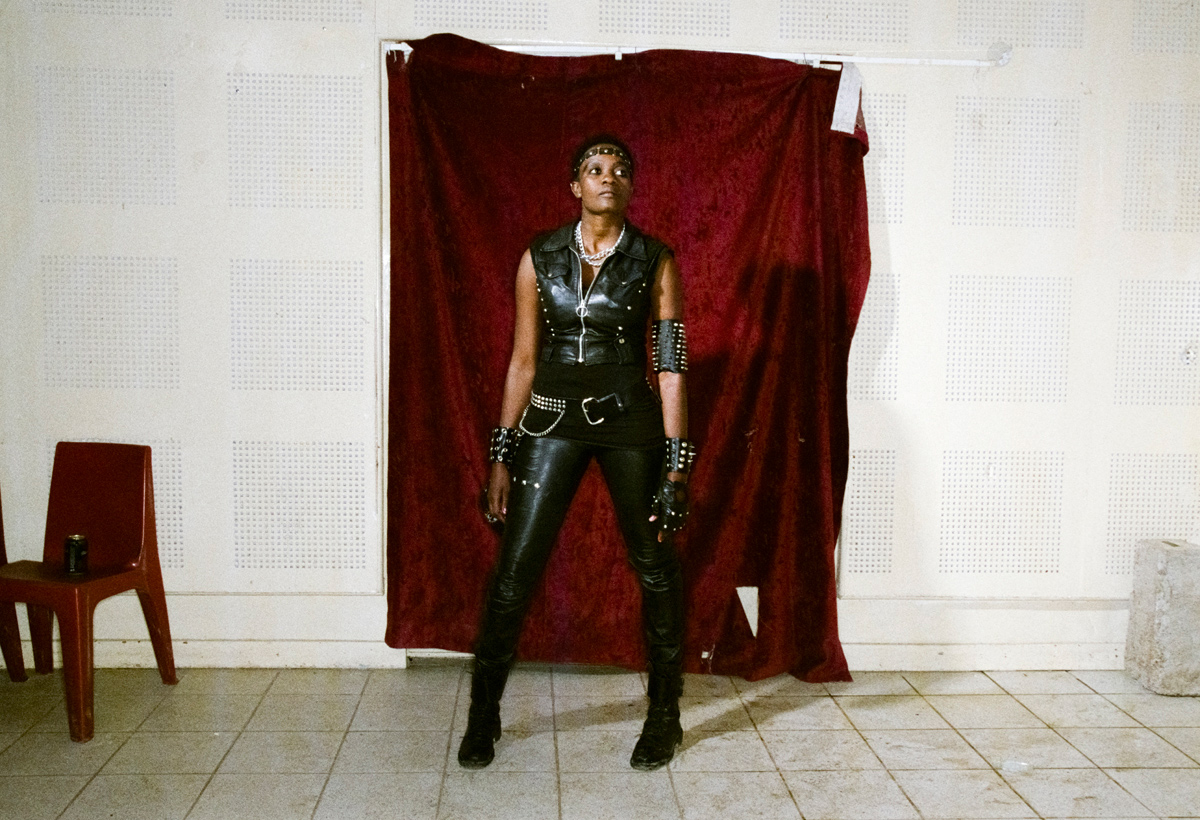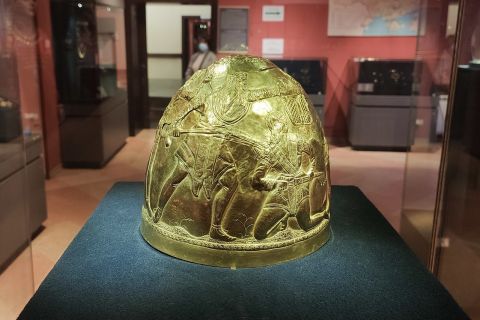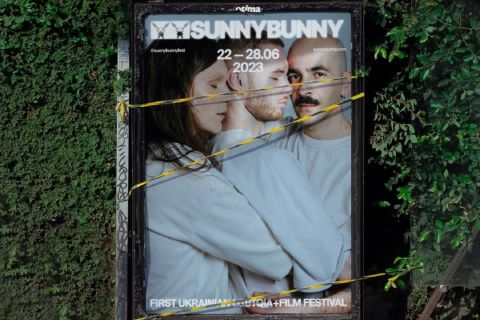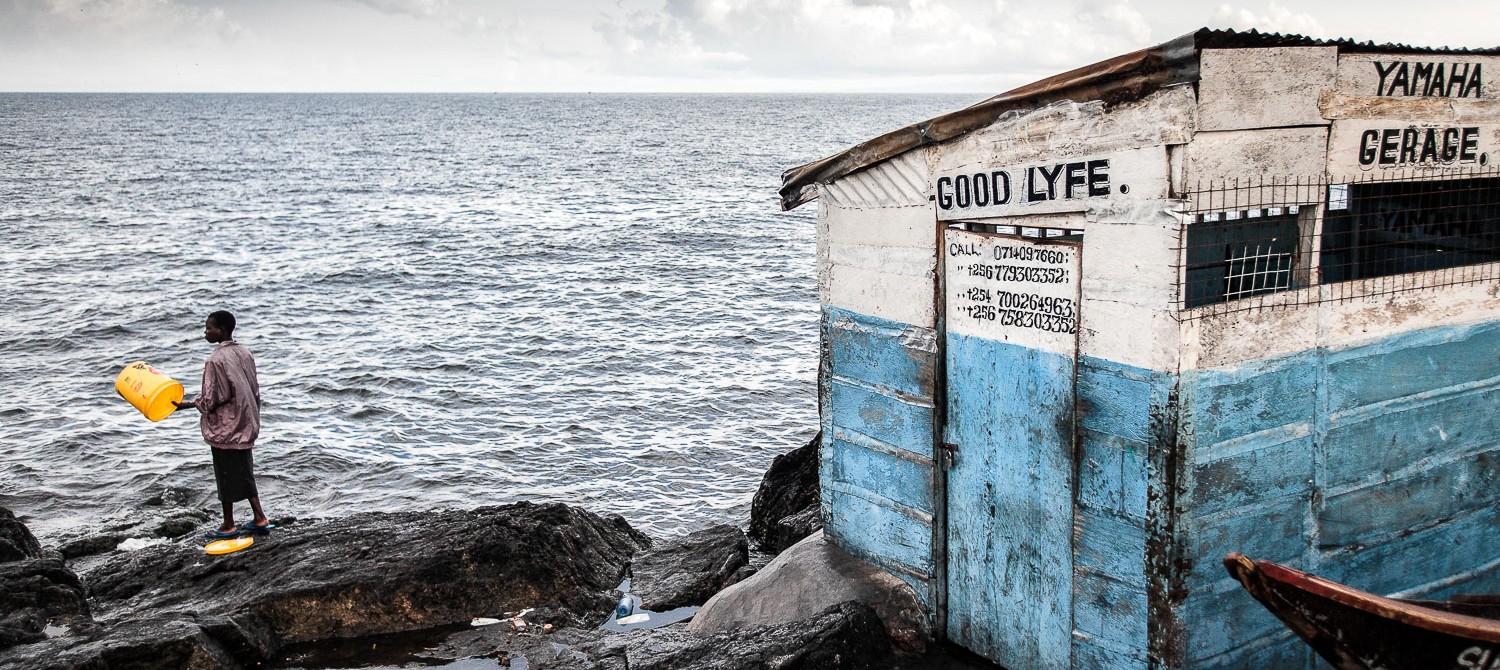
Business on the Rock: Life on the Most Populated Island in the World
Migingo is an island in the waters of Lake Victoria in Africa. Its square area is equal to that of a football field, and the population is not more than 150 people. For the last 20 years Migingo has been a subject for the heated territorial dispute between Uganda and neighboring Kenya. Because of the conflict, neither of the two countries can officially include Migingo as part of its territories, making it relatively autonomous. The price for this autonomy is paying taxes to the budgets of both Uganda and Kenya. But even under this heavy taxing the income of the locals is much higher than that of their fellow citizens on the mainland.
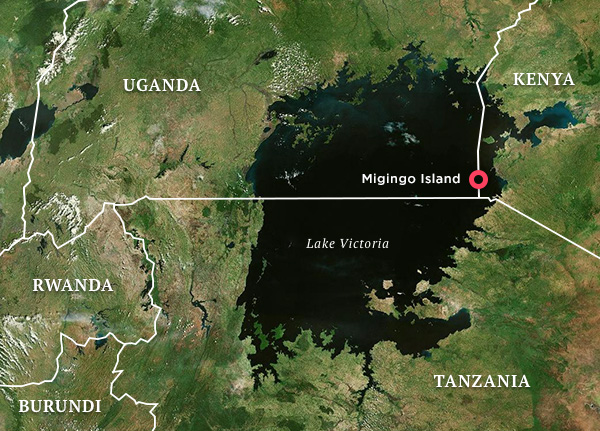
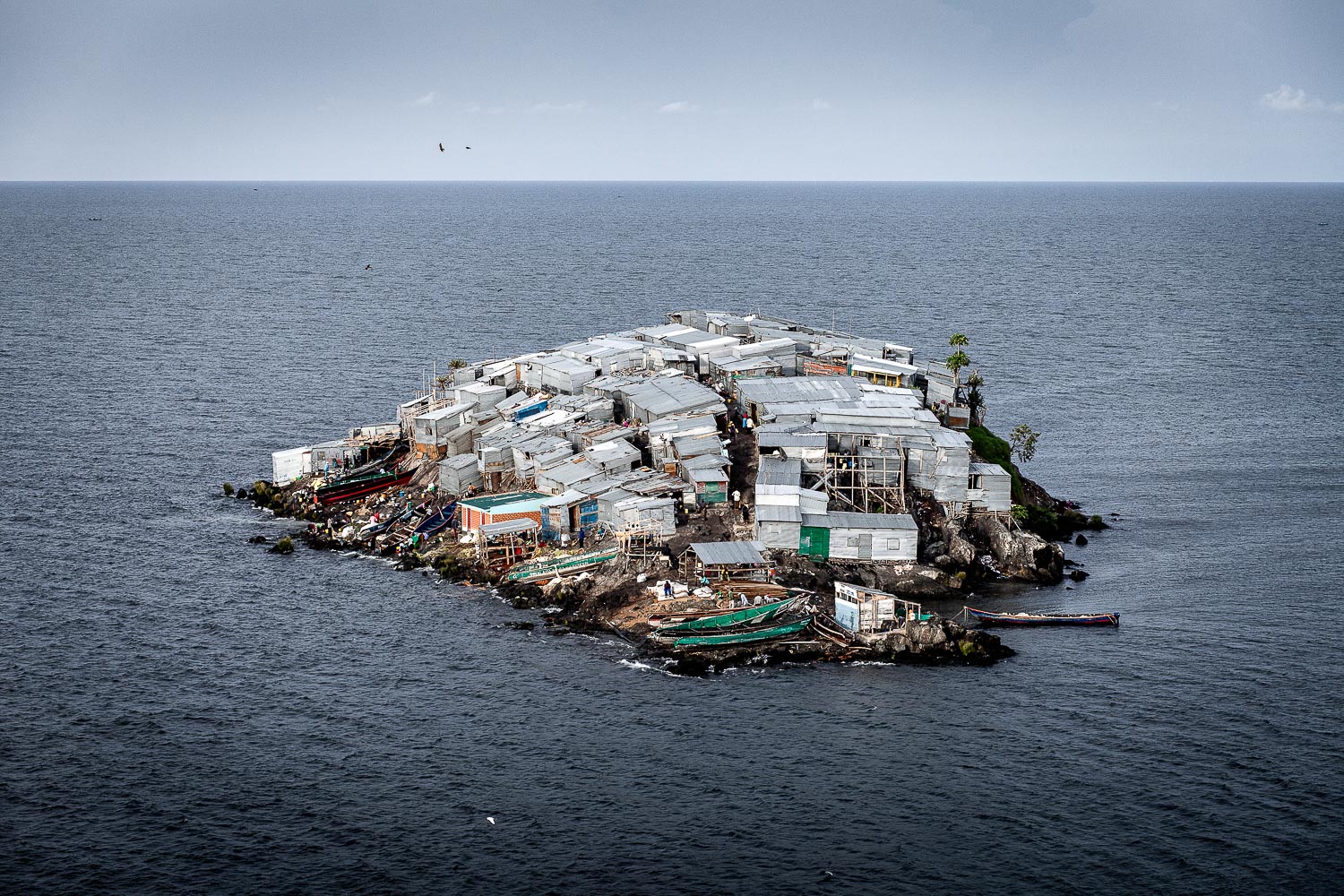

German photographer. Born in Bremen. Studied photojournalism at Hannover University. Worked for Frankfurter Allgemeine Zeitung, ZEITmagazin, and other German media outlets. Denzel works as an official photographer with the German government, but continues to do freelance work.
— I saw a small article in the New York Times with just one photo. I searched for some more, which was really hard. I knew it was going to be a visually strong project in the first place. But what made this story special for the jury that granted us the budget was that this island is a social, political and ecological precedent of the world.
In the 1950-1960s, the Nile perch was introduced to Lake Victoria, which eventually led to the extinction of several hundred native prey species. With time, the Nile perch became the biggest export of the region, which rewired the local economy. Large fishing companies displaced many local people from the fishing trade, effectively turning them into economic refugees. We all had Nile perch on our Plates in Germany, it’s very common here, but never thought about the way it got there.
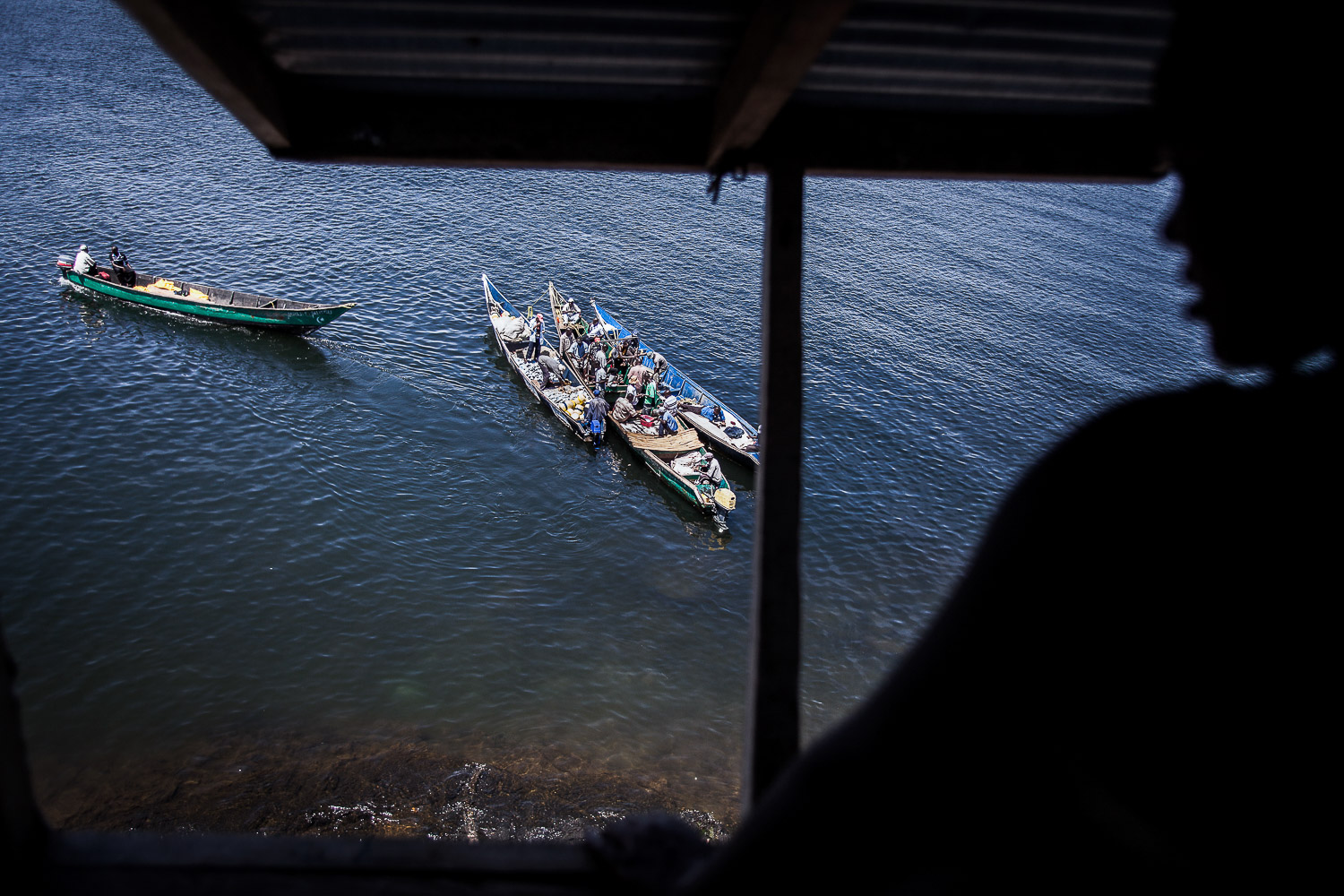
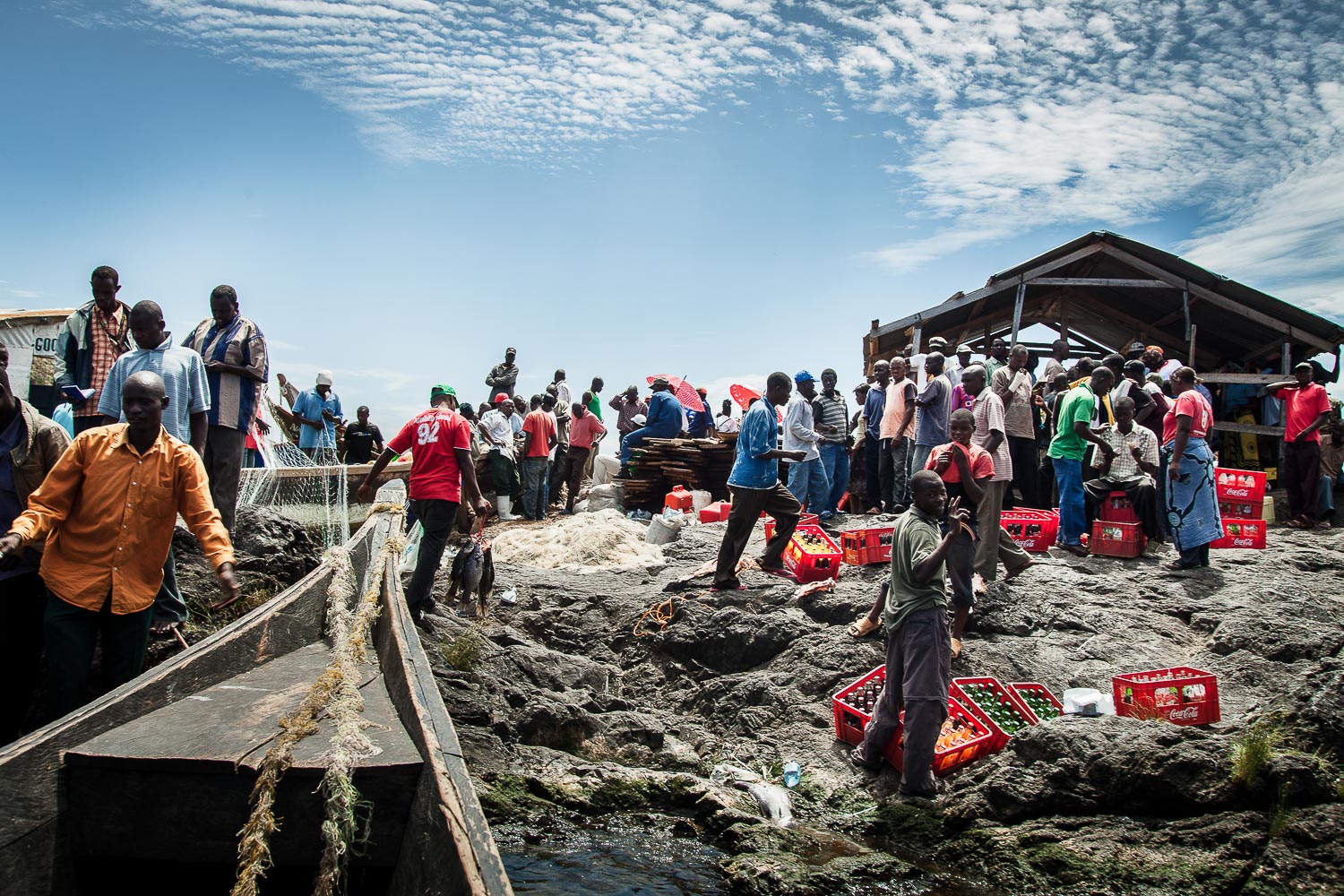
A trip to Migingo allowed me to observe something like the fast-motion rise of a miniature capitalist society. Fishermen still earn a lot for local standard. The fact that they’re paid in cash and stay on the island for weeks attracted people in the region.
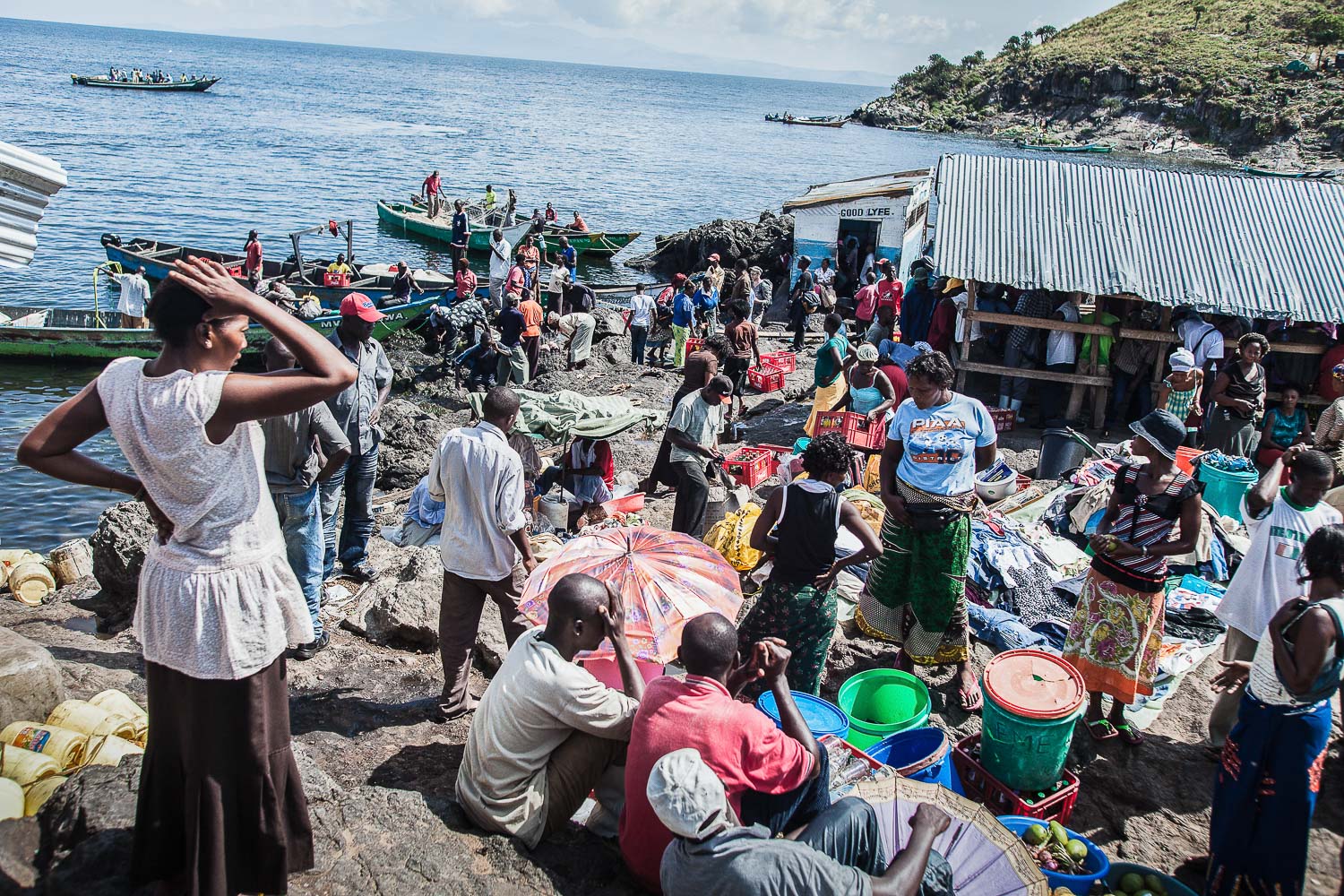
I did this project with the help of a German grant called the Gabriel Grüner Stipendium. We sold the story afterwards to Zeit Magazin. We found a fixer in Nairobi who’s been to Migingo a few times before, but he somehow did not get an answer from local Ugandan authorities, so when we arrived in Kenya, we still did not know whether or not we’d be able to work there. We spend about a week on the island. Some nights we would spend on Migingo, and some nights we’d take a two-hour-trip to a small town on the coast to stay in a hostel.
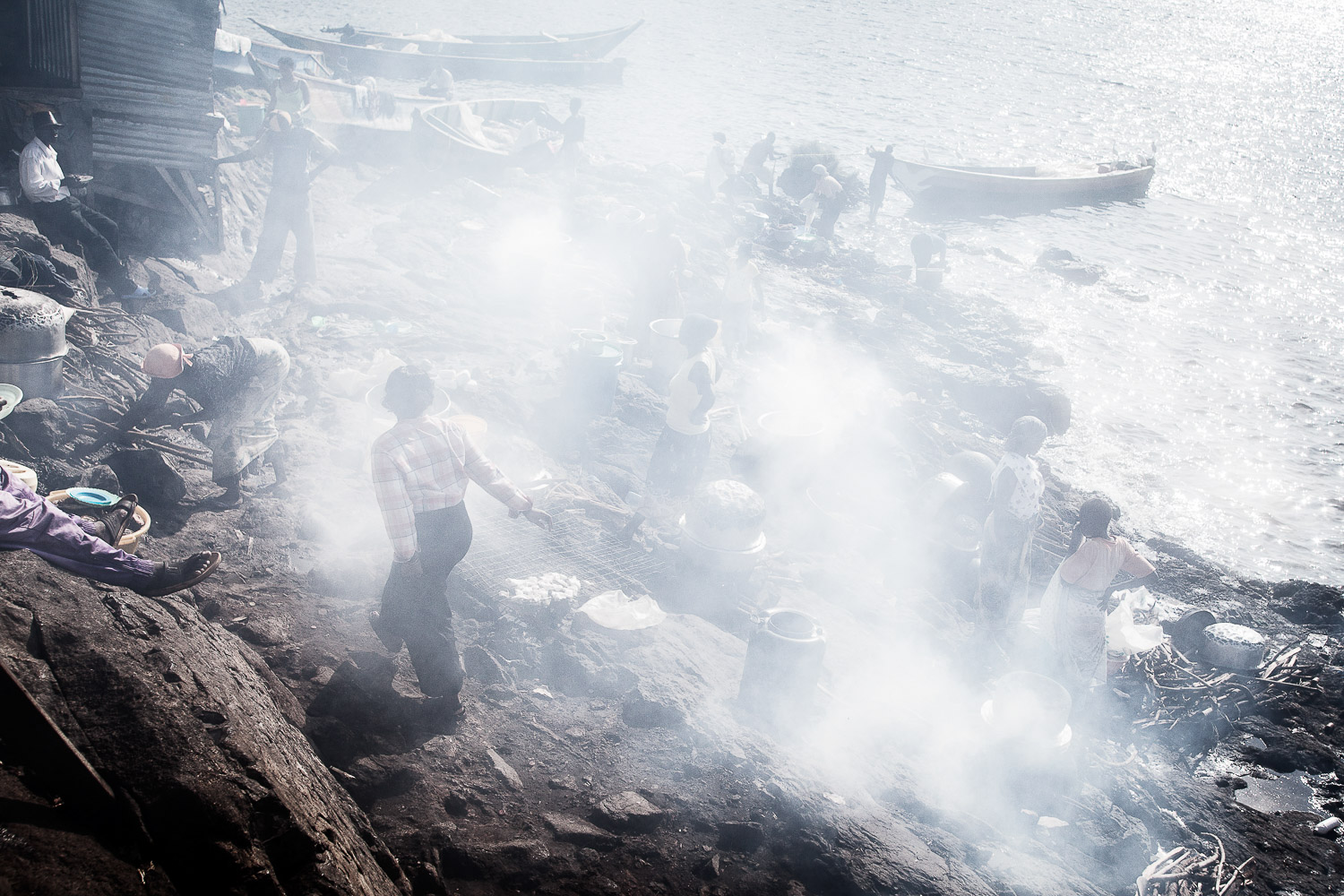
Ugandan police officers are the harshest bunch on Migingo. One thing that made work hard for us was the dispute about Migingo (and the fishing rights linked to it) between Kenya and Uganda — Migingo is officially Kenyan, but for some reason, there is an Ugandan Police Station on the island (and only an Ugandan one). We had to appear there every morning for some smalltalk. Eventually we noticed that they’d follow us around and questioned people we’d spend some time with. So people would be reluctant in talking to us, for fear of being questioned by police. Fishermen complain regularly that the Ugandan police steal their catch.
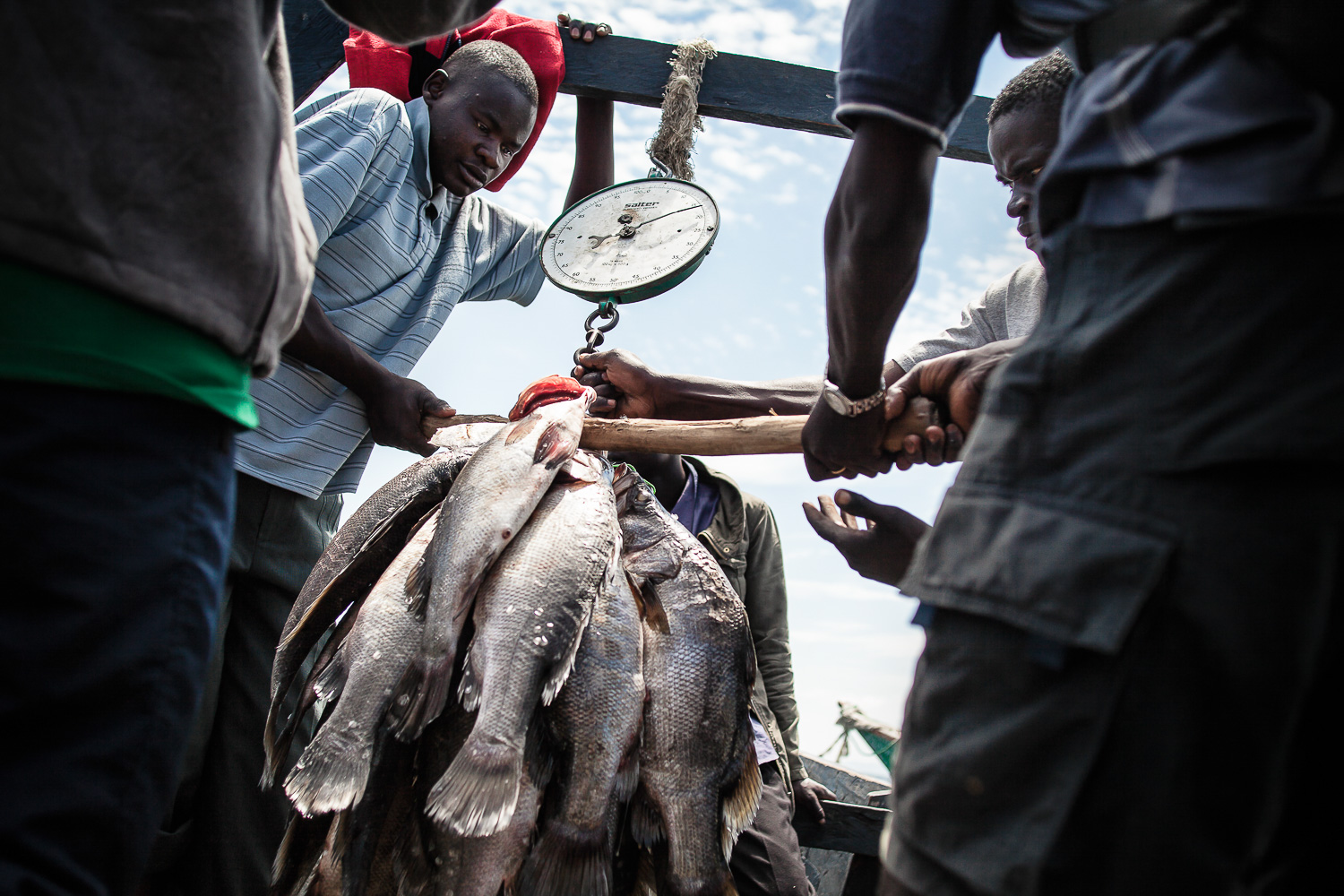
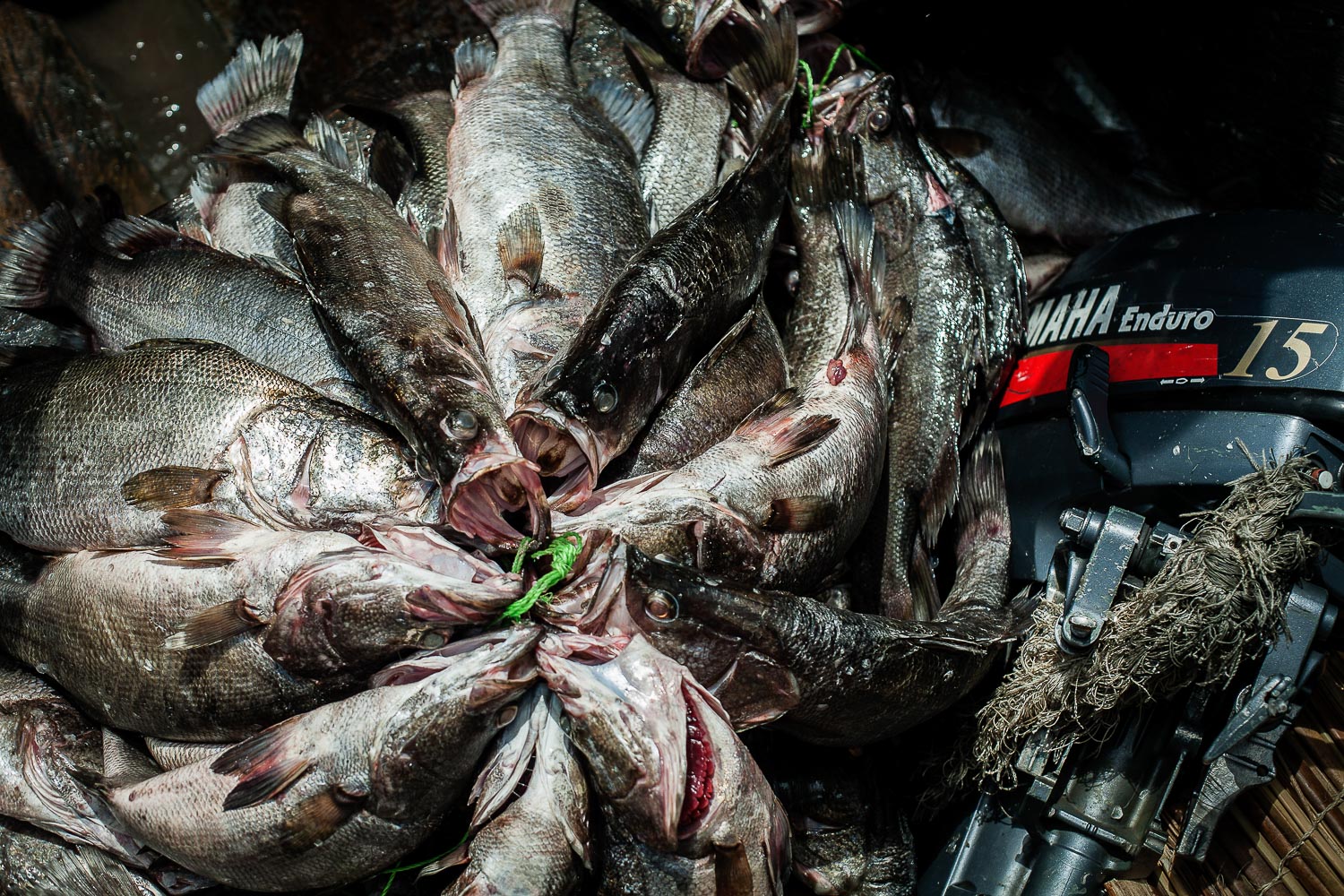
Generally speaking, the atmosphere was a bit tense, and people on Migingo were quite stressed. Usually, when I’m working with people and I keep coming back for days and meet the same people again and again, there’s more trust, people open up and might tell me things they would not talk about at first sight. This clearly did not happen on Migingo. Or maybe they were just very focused on their business.
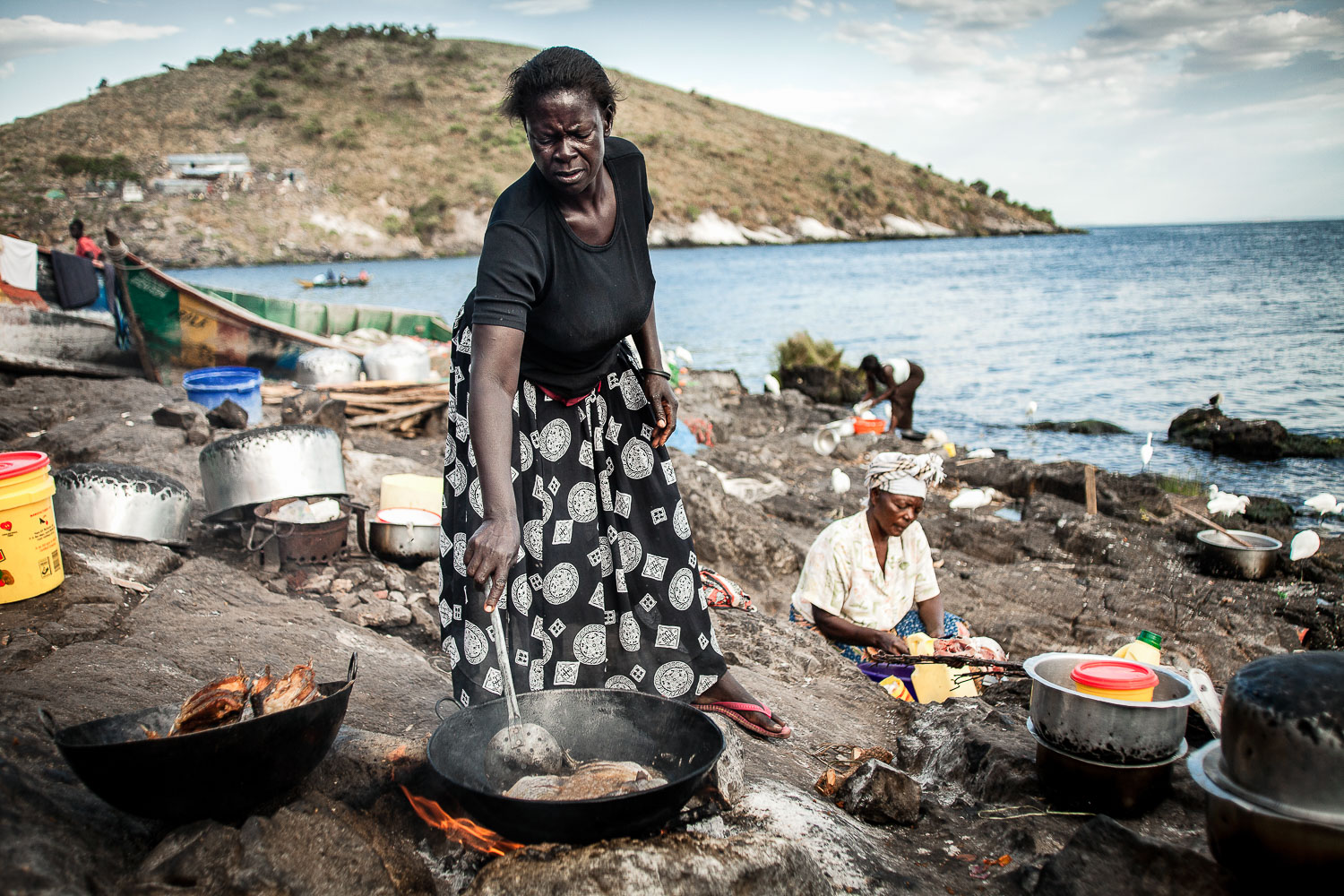
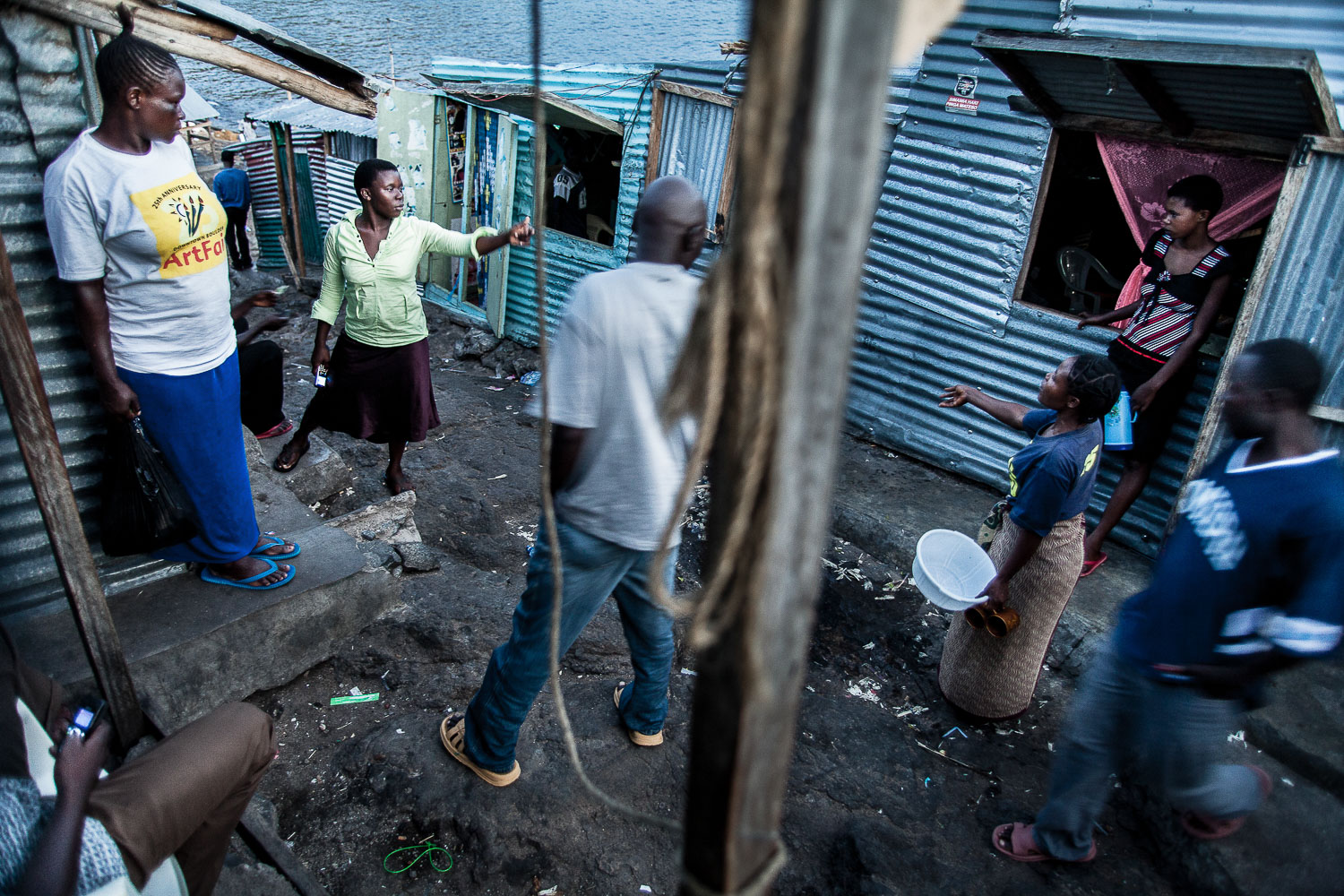
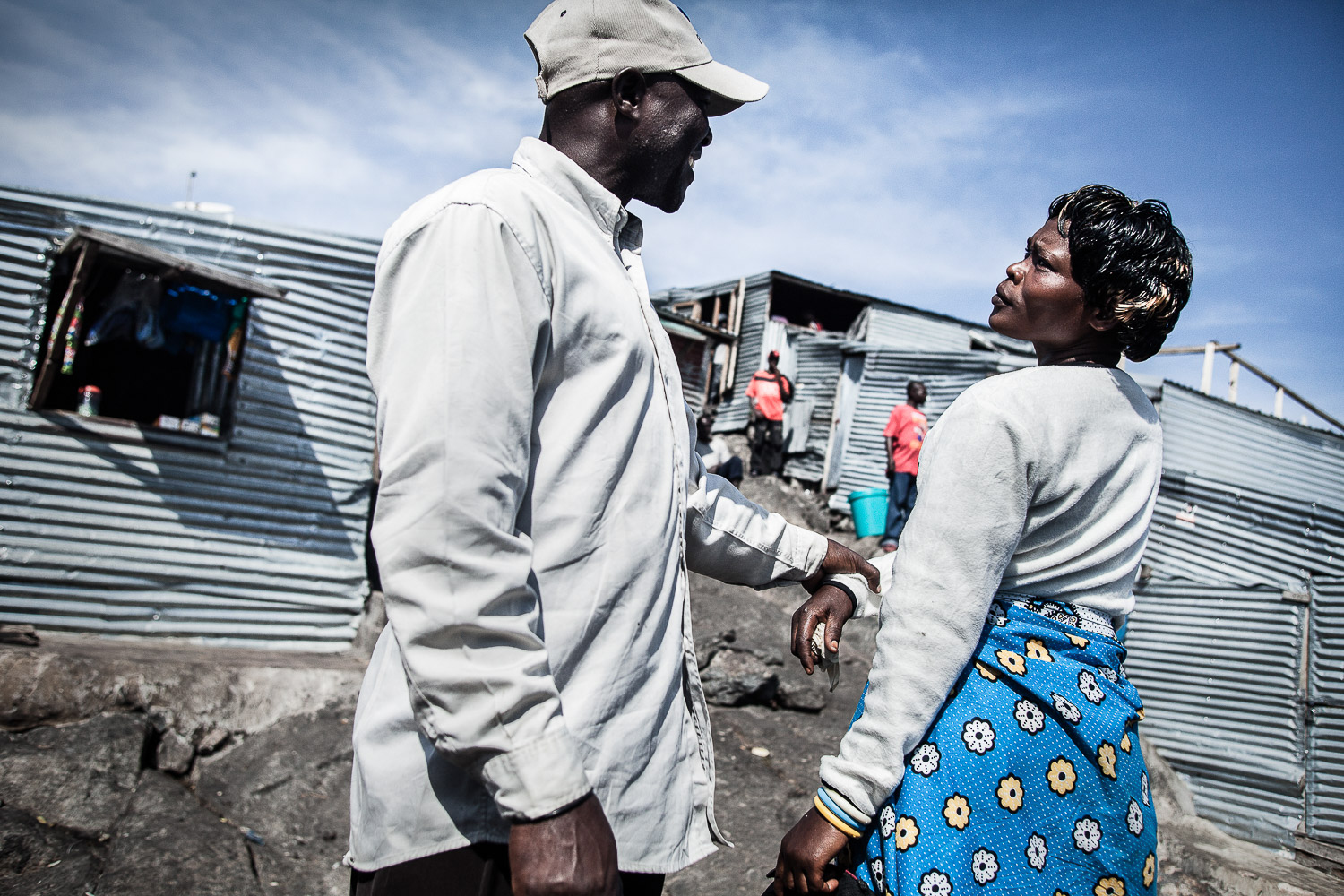
Tragically, most of the fishermen spend a lot of their money on the island on drinks and sex. There are two guys on Migingo who became really rich: Joseph Nsubuga from Uganda and Leonard Obala from Kenya. Both used to be fishermen, too, and they were among the first to arrive on the island. Now Nsubuga owns most of the houses, and Obala pretty much all of the boats. Most people come to the island alone, but some may not have a choice and come with their families. There was someone whom people called the doctor, but I think he was more like a pharmacist. HIV is one of the main health issues throughout the region. So, the most densely populated island in the world is not the best place for children. Except for huts and boats, there is also a church and a mosque and thirteen bars, and there are two big guys who make the rules.
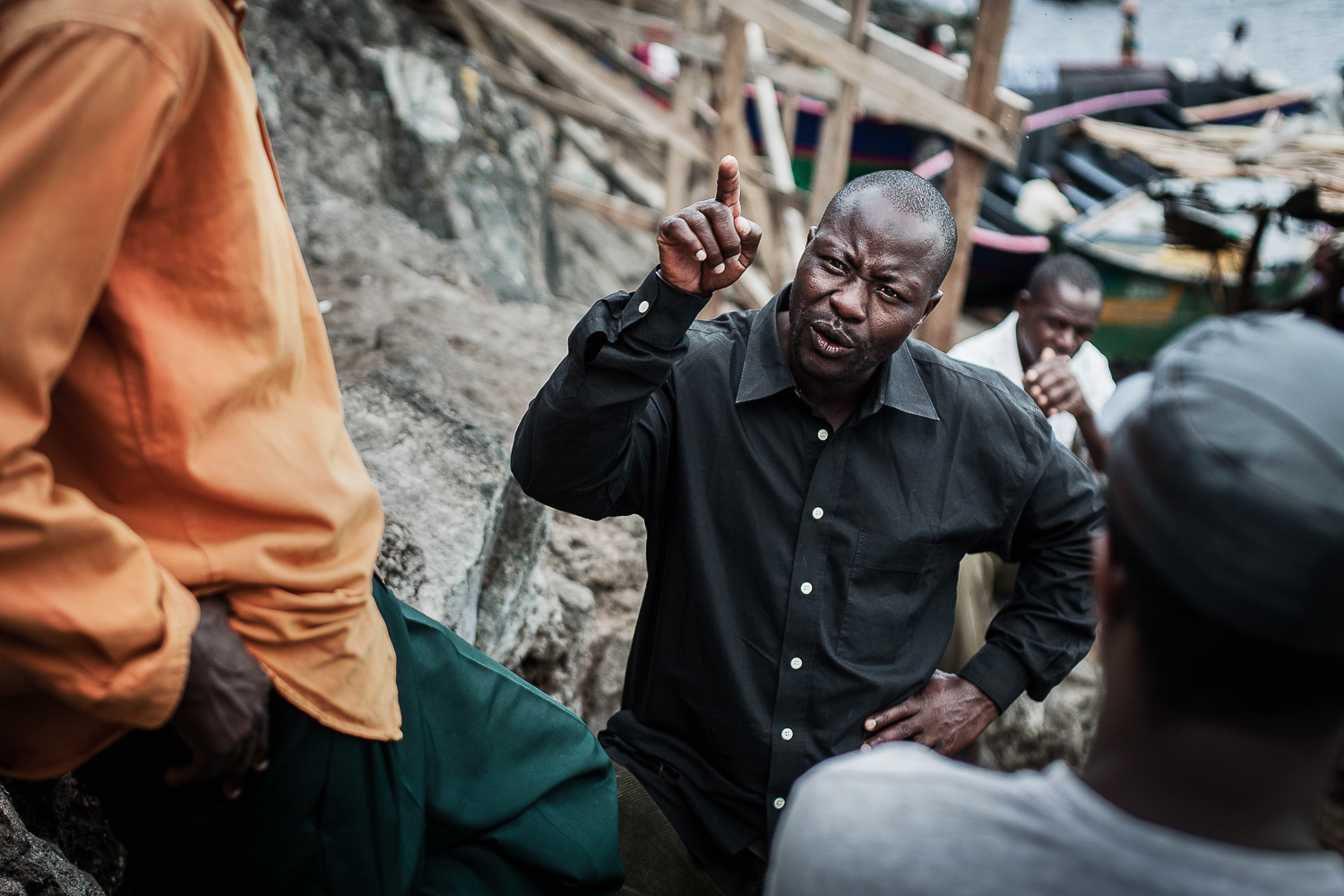

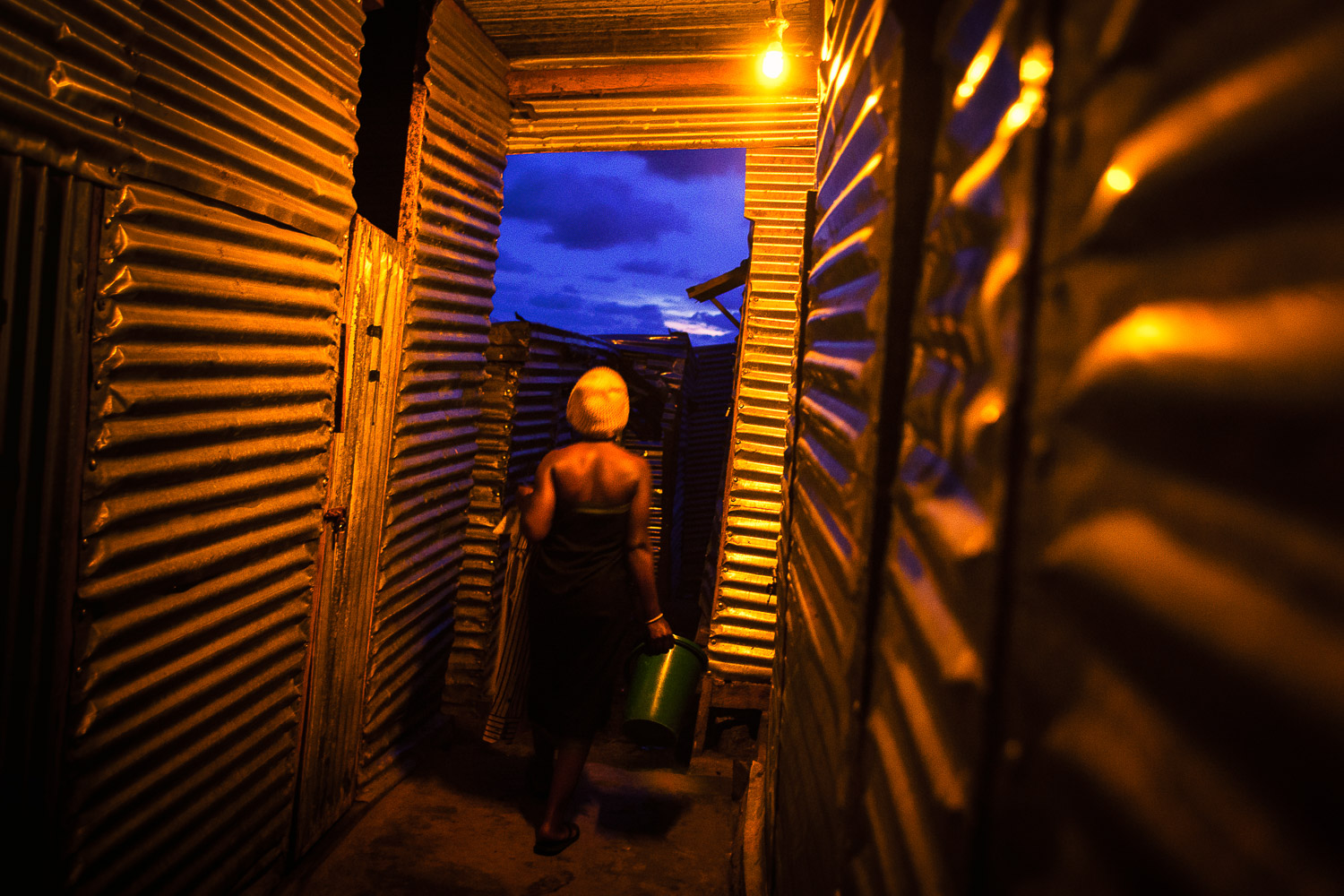
Most of the fishermen are not really trained or professional. A lot of them are drugged or drunk when sailing out on the lake. Boats capsize and, of course, there is no safety equipment. We met one young guy who survived because he held on to his capsized boat for two days before another boat would notice him by chance. For all of the above reasons, I decided not to join the fishermen on the lake.
